Indian states in history, unlike Europe, have rarely been theocratic. Nether were they ideologically premised on the religious majority-minority divide. The mass existence of different layers of peasantry located in natural-subsistence economy enjoying large degree of freedom acted as bulwark against theocracy and divisive paradigm. The colonial state, however, for the first time, introduced the religious divisive paradigm in 1909 in connivances with Muslim elite which was stiffly opposed by the Moderate Congress. The Extremist Congress, however, compromised with it in 1961. subsequently, the communal compromise of religious segregation was internalized as Indian secularism.
State Politics in India
$31.50
$35.00

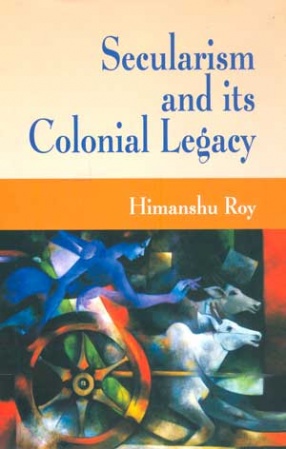
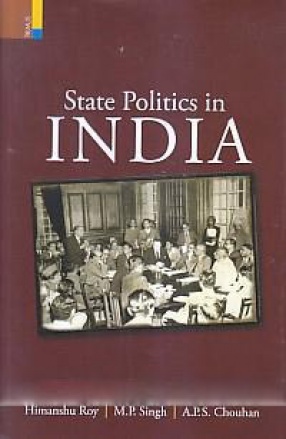
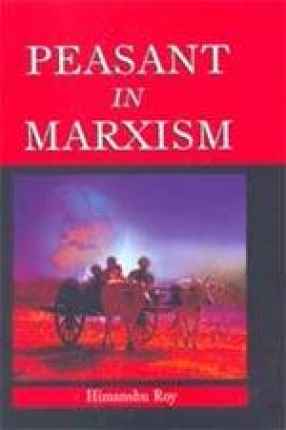
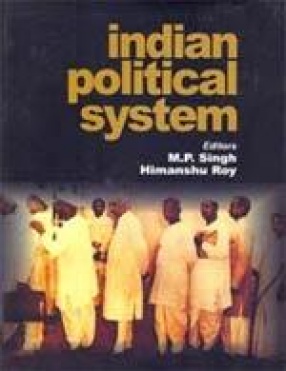
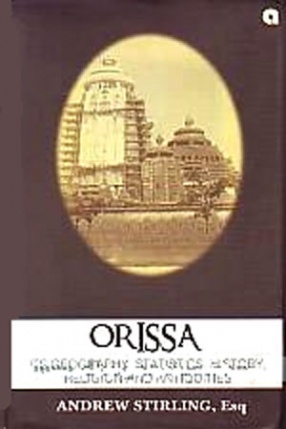
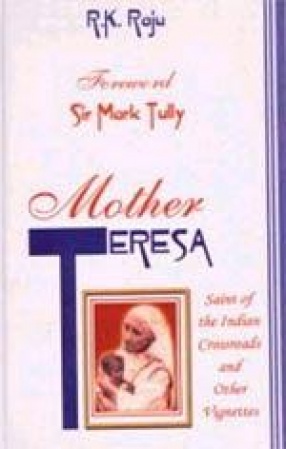
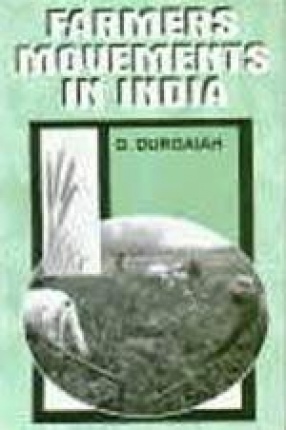
There are no reviews yet.